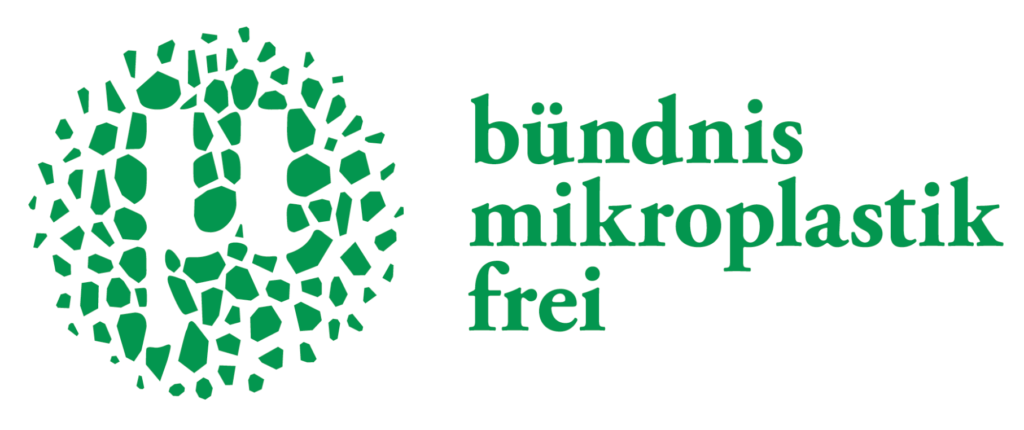Triclosan - a problematic substance
Triclosan is an antimicrobial agent that is effective against bacteria, fungi and enveloped viruses. It is used as a biocide and preservative and is used in numerous cosmetic products such as toothpaste, antibacterial hand washing soaps, disinfectants and cleaning products.
Triclosan accumulated, with chemical Longevity, evidenced by its increasing use in aquatic organisms worldwide. It is characterised here by Very high toxicity and is therefore dangerous for the environment. In addition, it will be Review of Regulation (EC) No 1223/2009 of the European Parliament in November 2018 as a presumptive endocrine disruptor named.
The following health disorders are suspected to be caused by triclosan:
- Decrease in fertility
- Risk increase for abortions
- Decrease in weight, height and head circumference of infants
- Limited epidemiological evidence for allergic diseases
- Increase in blood levels of markers of oxidative stress and the thyroid hormone triiodothyronine.
- Possible growth of Liver tumours and inflammation of the liver
In 2006, the Federal Institute for Risk Assessment (BfR) from large-scale use in households because of the fear of bacteria developing resistance. In 2017, scientists from the University of Birmingham published a Studywhich showed that germs that were resistant to quinolone antibiotics (e.g. clioquinol) also showed defence mechanisms against triclosan.
By decision of 08.02.2016 of the EU Biocide Regulation triclosan was banned for use in hygiene products that are applied to large areas of the skin. However, triclosan is still used in products such as toothpaste, soaps and shower gels and as a biocide in doctors' surgeries and hospitals.
In dermatology, triclosan is also a component in some extemporaneous preparations (NRF 11.135 and NRF 11.122) and individual prescriptions.
Clinics and practices are therefore recommended to subject the prescription or use of triclosan-containing topical preparations to close scrutiny.
© Dr. med. Dipl. Biol. Susanne Saha 03/2021







